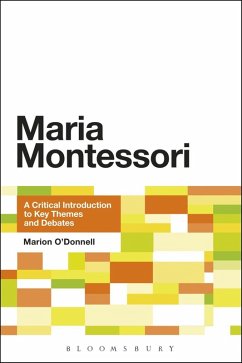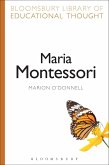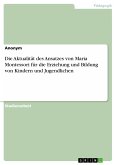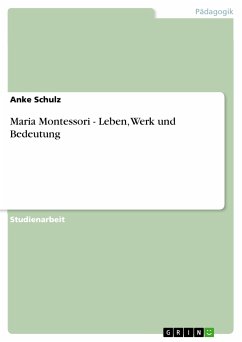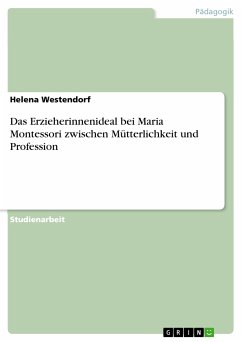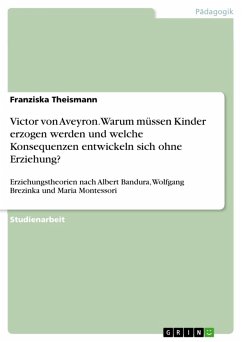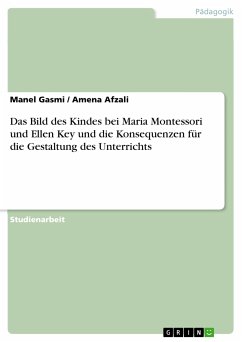Maria Montessori considers the origins of Montessori education, examines the key themes of this philosophy of education and explores the relevance of Montessori practices today. Montessori students aged 3-18 study in a stress-free environment with no timetables, no examinations and no homework and yet they are empowered, independent and self-disciplined learners. The curriculum follows the interests of individual children and Montessori educators focus on the development of the whole child, promoting happiness and wellbeing.
Marion O'Donnell explores the key aspects of Montessori education: child development; the learning environment; the role of the teacher; the role of the learner and parental involvement. Within each key aspect, Marion considers the implications for Montessori education, the views of critics and supporters, the implications for education today and the implications for research. Each aspect is considered within an international context, drawing on research and practice in Europe, the USA, South America, Australia and Asia.
Marion O'Donnell explores the key aspects of Montessori education: child development; the learning environment; the role of the teacher; the role of the learner and parental involvement. Within each key aspect, Marion considers the implications for Montessori education, the views of critics and supporters, the implications for education today and the implications for research. Each aspect is considered within an international context, drawing on research and practice in Europe, the USA, South America, Australia and Asia.

